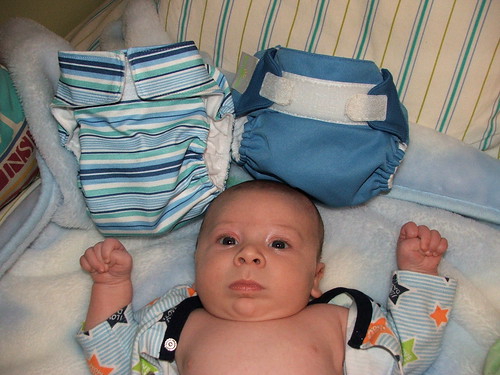
Image : http://www.flickr.com
Millions of Americans to some form of incontinence in life. Chances are good that your client population includes people with this common problem. But we know that nursing assistants incontinence is a normal part of aging and can take up to 90% of the time to be treated? Here is some information to start a discussion about incontinence with CNA inService next meeting.
Incontinence a hidden secret ...
Picture this scenario ... Always an active person,Lizzy, 49, likes playing tennis and jogging. It was during one of their meetings, jogging Lizzy feels a little dribble on the leg. He realizes that his urine bladder loses. Terrified, but not alarmed, Lizzy decided to wear a panty liner jogging for future meetings. After all, she thinks aging.
What would you do? Please let me be silent and as Lizzy or if you want an appointment with the doctor?
And to thinkThis ... They have the TV in the middle of a business. The screen is actress June Allyson holds a package depends on (the Erwachsenwindel). She is the promotion of their wonderful product, but saying that they use? No, she speaks of her mother needs her. Even if you use it, admit you think?
Believe it or not, about 17 million Americans suffer from urinary incontinence (UI), which is the loss of bladder control. Few of these people will tryto help. Instead, they will go to great lengths to hide their condition, not wanting anyone to know. Why? Read and find out.
Incontinence for a time was set as a "taboo". No one really thought in public or even talked to the doctors for the last decade or so! Times change!
Basics of the bladder
To better understand incontinence, is a good idea to know how a healthy bladder and urinary tract. It all starts with your brain.The brain controls the bladder and other parts of the urinary system through the exchange of "messages" with those parts of the body with nerves as a messenger.
When the bladder fills with urine, the walls begin to grow. After a little 'pressure began to feel uncomfortable or want to empty the bladder. The bladder is sending a message to your brain to let you know that it is time to go!
If everything works well, you can control the urge to urinate until you find a toilet. Ifmight happen, things do not work properly, an "accident" when you least expect it.
Many times, is the sudden loss of bladder control for the first sign or symptom that there is a problem. Remember that the loss of bladder control can only be done with minimal change in your body!
Do not be a victim of the myths of incontinence! (See below.) Assistance to your customers, their loved ones and maybe even himself.
The myths of incontinence
Myth: There is aConsequence of age.
Fact: Incontinence is not a normal part of aging, although there are some medical and physical factors that can influence a person's bladder (like menopause in women and prostate enlargement in men) are.
Myth: Incontinence can be treated.
Fact: In most cases, incontinence can be successfully treated.
Myth: Surgery is the only way to tackle the problem.
The fact is that surgery is usually the last option, especially for the elderly. These days, there areother ways to treat incontinence.
Myth: Becoming incontinence means you lose your mind.
Fact: Incontinence can happen to anyone, not just for people, dementia or other mental problems.
Myth: It 's time to buy diapers.
Reality: absorbent products as the answer to the first, but will not help treat incontinence. It 'important to be diagnosed and treated by a doctor.
What is the bottom line? Incontinence is not a normal part of aging! If you have aCustomers, is incontinent, be sure to report the problem to your supervisor.
